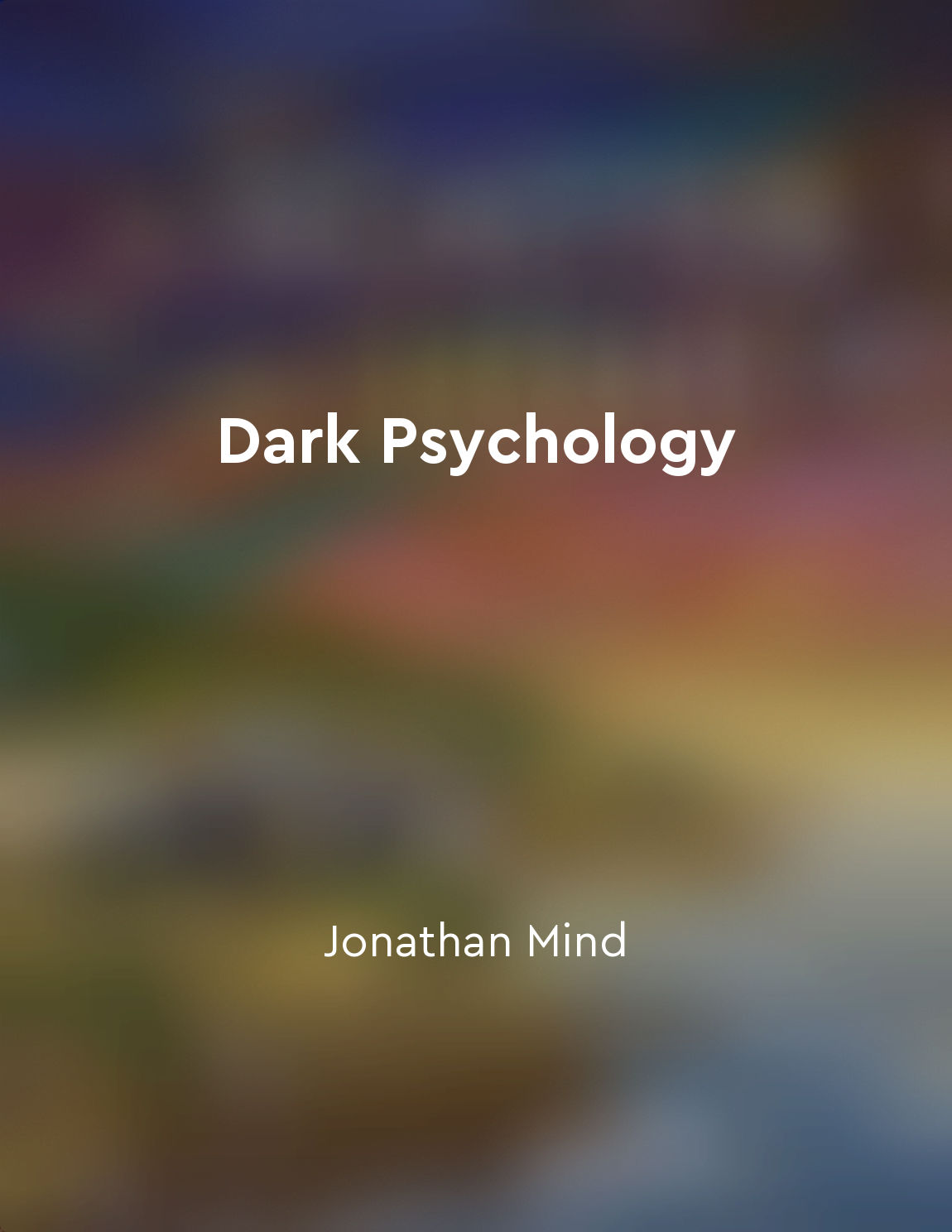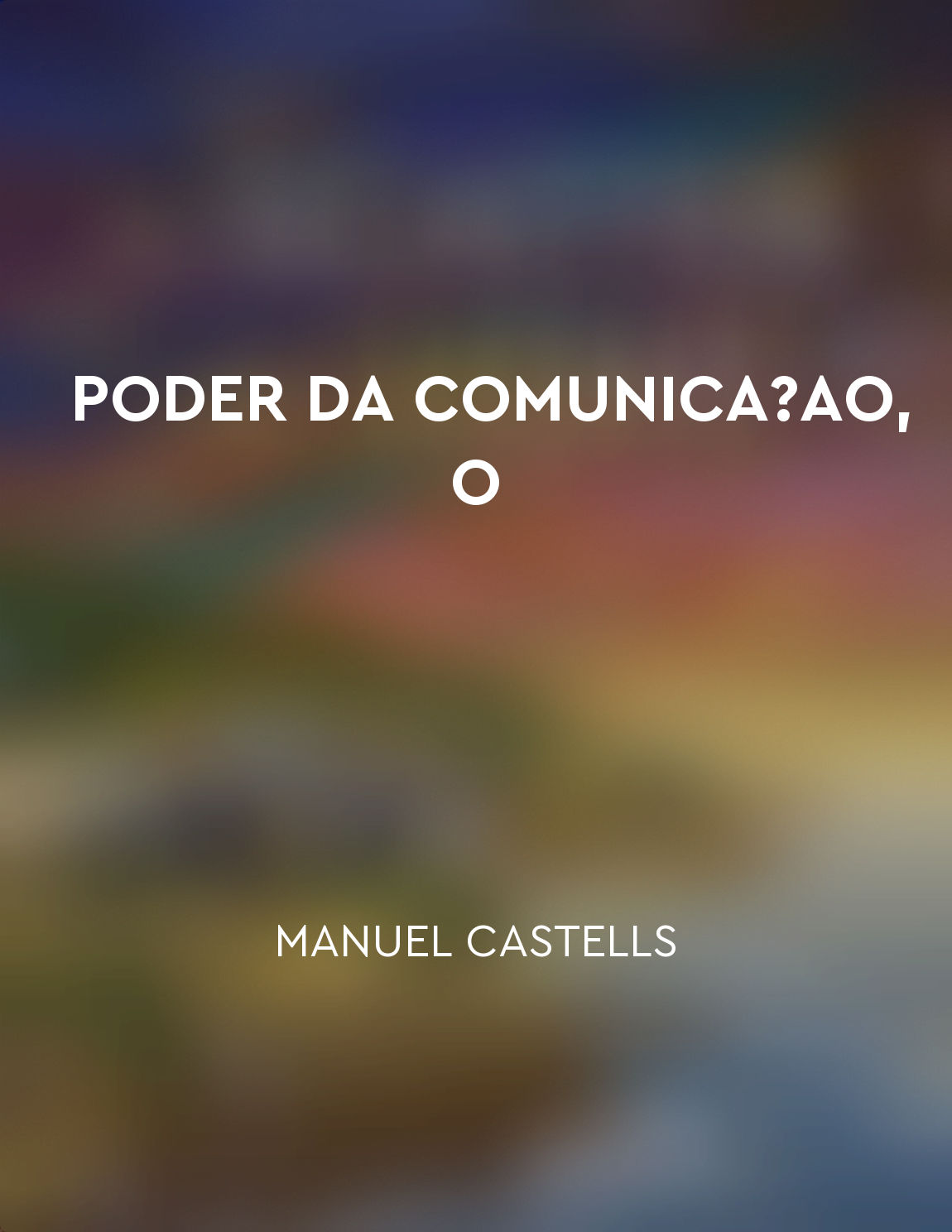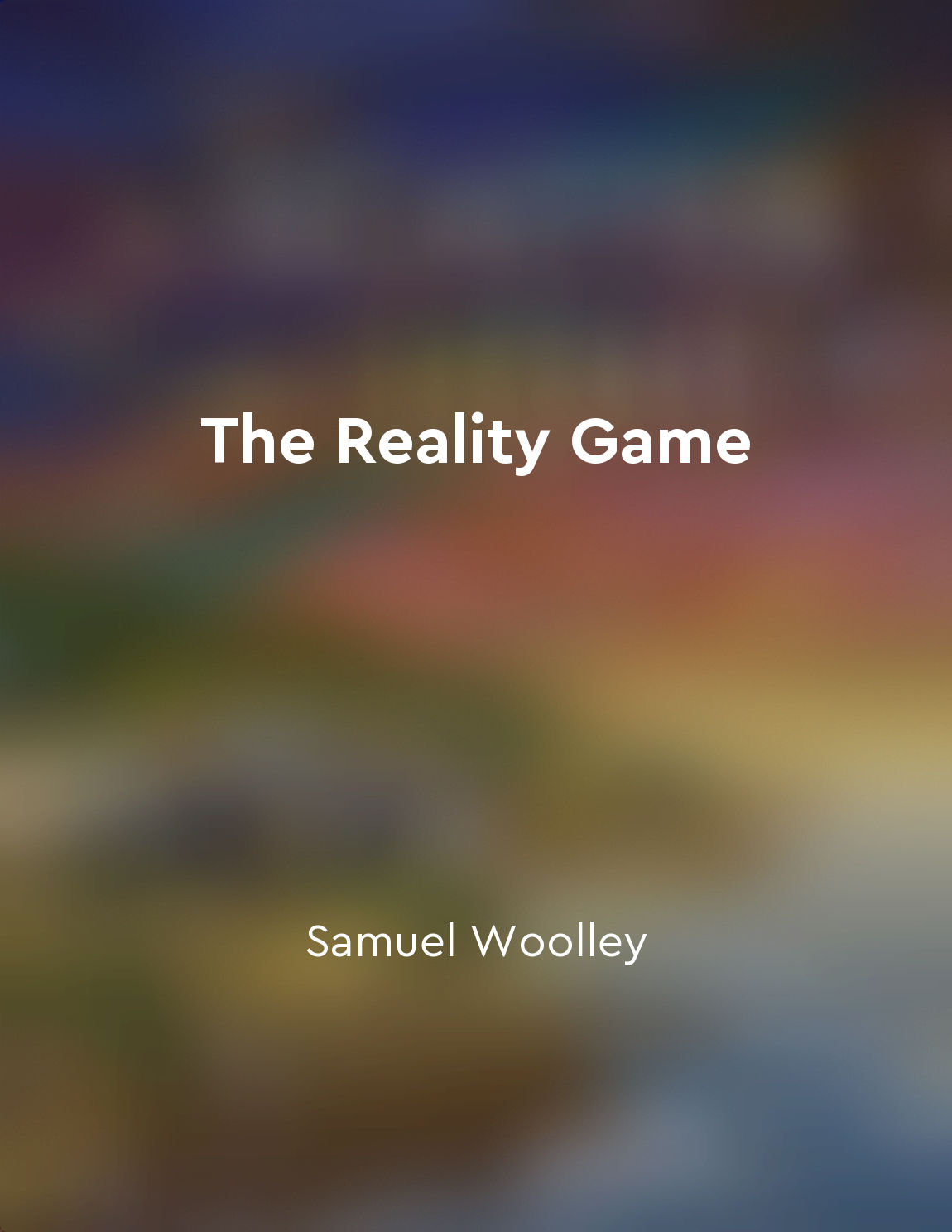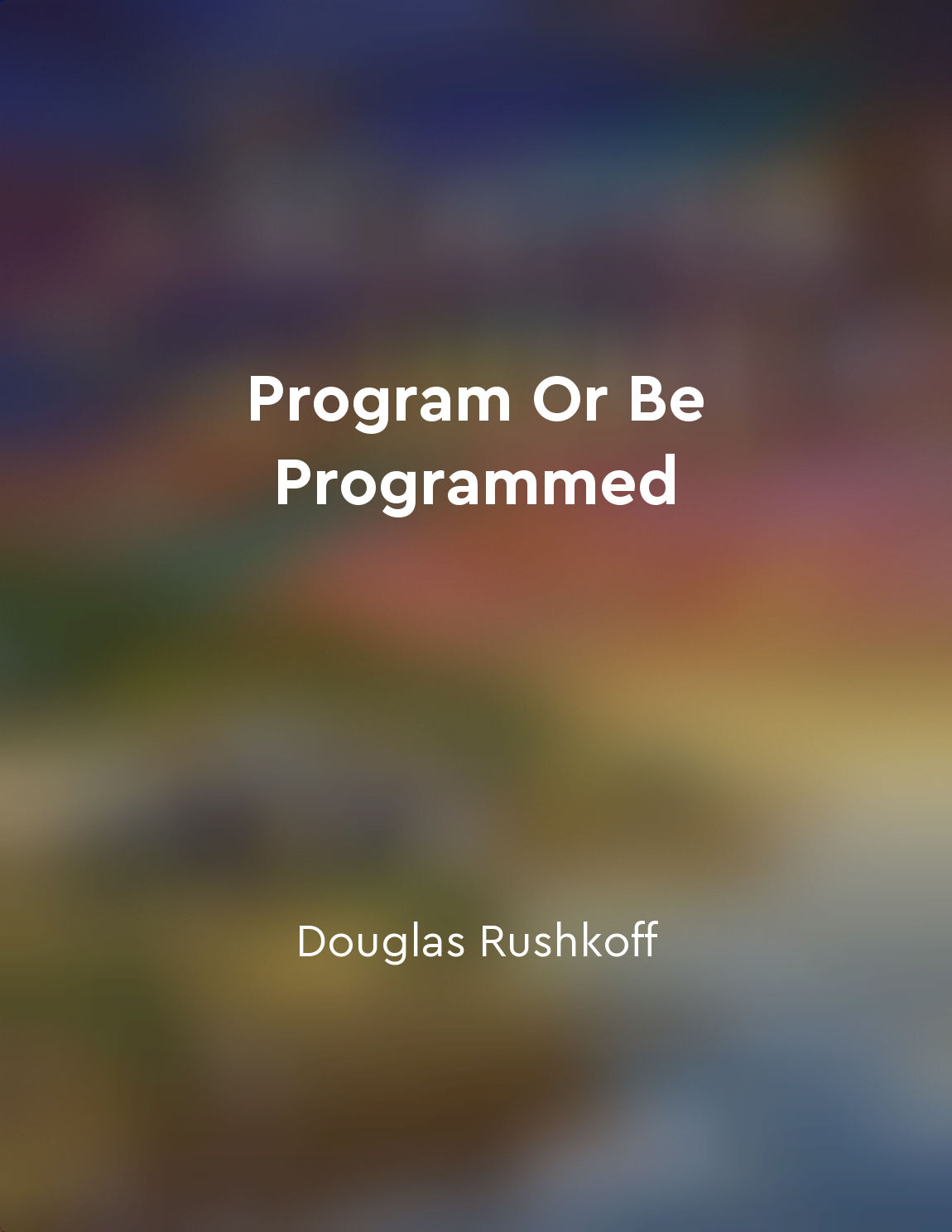The internet can distort reality from "summary" of The Internet of Us: Knowing More and Understanding Less in the Age of Big Data by Michael P. Lynch
The internet is a vast repository of information, a virtual landscape where we can access a wealth of knowledge at our fingertips. It has transformed the way we learn, communicate, and interact with the world around us. However, amidst the sea of data and information that the internet offers, there lies a danger - the danger of distortion. In our quest for knowledge and understanding, we often turn to the internet as our primary source of information. We rely on search engines, social media platforms, and online news outlets to keep us informed about the world. But what we fail to realize is that the internet is not a neutral space. It is shaped by algorithms, biases, and commercial interests that can skew our perception of reality. The internet has the power to amplify certain voices and perspectives while silencing others. It can create echo chambers where we are only exposed to information that confirms our existing beliefs and biases. This can lead to a distorted view of the world, where we are unable to see the full picture or understand the complexities of a situation. Moreover, the internet is flooded with misinformation, fake news, and propaganda that can manipulate our understanding of reality. We are bombarded with sensationalist headlines, clickbait articles, and viral memes that are designed to elicit an emotional response rather than convey factual information. In this digital age, it can be challenging to discern truth from fiction and separate fact from opinion. As we navigate the online landscape, we must be vigilant and critical consumers of information. We must question the sources of our information, fact-check claims, and seek out diverse perspectives that challenge our assumptions. By being mindful of the ways in which the internet can distort reality, we can better navigate this digital age and strive towards a more informed and nuanced understanding of the world.Similar Posts

Understanding body language is key to detecting deception
Understanding body language is crucial when it comes to uncovering deceit. The way a person moves, gestures, or even avoids eye...

The pursuit of excellence bordered on obsession
The characters in the story were driven by a relentless desire to achieve perfection, to push themselves beyond their limits in...
Search data can predict behavior
Search data can predict behavior in ways that traditional data sources cannot. People are often more honest in what they search...

Trust is essential in building successful communication networks
Trust is the cornerstone of successful communication networks. Without trust, communication becomes fragmented and ineffective....
The internet can distort reality
The internet is a vast repository of information, a virtual landscape where we can access a wealth of knowledge at our fingerti...

The manipulation of reality is a dangerous game
In the digital age, reality has become a malleable concept, easily shaped and distorted by those with the power and resources t...

Critical thinking is crucial in the age of information overload
In an era where we are bombarded with an overwhelming amount of information, the ability to think critically becomes more essen...
Transformation of legal systems
The transformation of legal systems is a crucial phenomenon in the history of civilization. Over time, legal systems have evolv...
Cognitive biases can hinder our ability to think critically and objectively
Cognitive biases, deeply ingrained in our thinking patterns, can act as barriers to our ability to think critically and objecti...
